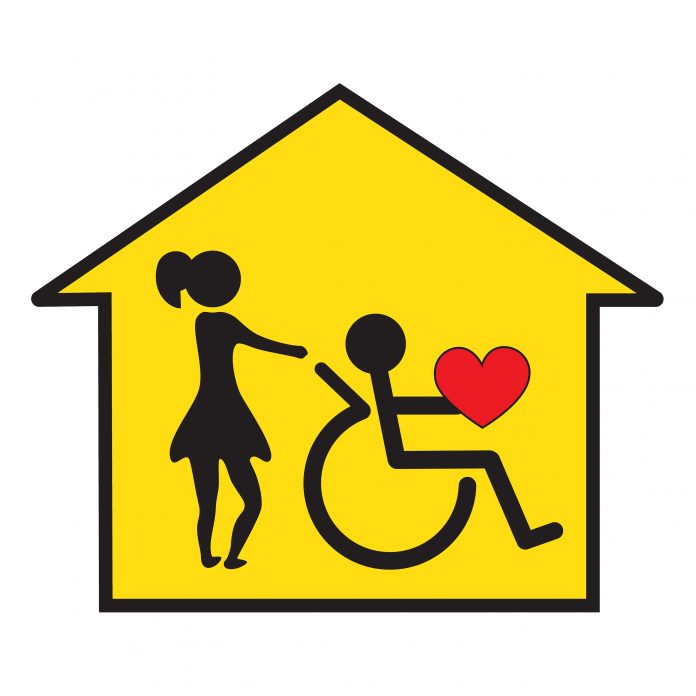With our country’s rapidly aging population, the day may well come when you must provide (or help to provide) care for an aging parent/friend/partner. Regrettably, many potential caregivers completely disregard this fact and are caught unaware. I speak from personal experience as I once thought that both Mom and Dad were the pictures of good health. Maybe so at one time; however, getting older is a fact of life and as we age, our health can decline.
The road from maintaining good health to requiring complete medical care and placement in a long-term care facility isn’t easy for either a senior or a family caregiver. Family members must take on new responsibilities as caregivers, balance their own lives and watch as Mom/Dad mentally and physically weakens. If remaining cognitively aware, Mom/Dad may realize that they are losing their prized independence and must hand over much of that control to their children. Whether it is his/her own car keys or complete decision-making ability, nobody, young or old, likes to give up something he/she knows and loves. You can make this process easier for all parties involved with getting ready.
Prepare Yourself Emotionally
As a caregiver, your emotions will run the gamut. When Dad was in his care home, there were days I laughed, cried, felt frustrated and didn’t even know what to feel. Often, there is nothing a caregiver can do but stand by and helplessly watch. Whether the process is slow or quick, losing a loved one (or even the thought of losing this special person) can be immensely challenging and rightly so – you are losing someone you love and care for deeply. To better manage, build yourself a strong support circle; these will be the people you know and trust the most. Most importantly, they will be empathetic to your situation. Support groups, offered through senior’s organizations and health associations, can be another option. These will provide a safe environment where caregivers can share and learn from each other. Admitting to yourself, and others, that you need help — from whatever source — at this time is not a sign of personal weakness.
Examine Your Own Family’s Medical History
Did a great-grandmother have cancer or did a great-grandfather suffer from heart disease? If the ailment is hereditary, another relative may be stricken with the same condition. Before Mom/Dad ends up requiring eldercare, take some time to learn about the specific condition. Search the Internet or read books (be wary of the source of information – what are the writer’s credentials?), visit your local bookstore or, best of all, ask your family doctor what to expect.
Read the Will
Many of the most difficult decisions may have already been made by a senior when he/she was better able to do so. While acting on these requests can become intense, you and your siblings can find comfort in that you do not have to decide what might be best for a dependent adult who may not be able to decide what is best for him/her. Having a set route to take greatly reduces the anxiety and potential squabbling between family members who are trying to decide what may be most appropriate.
Remember that, whatever you do, caregiving can be a difficult ride. There are many, many emotional buttons (for both you and your other family members) that can be pushed during this time. Thinking ahead and finding ways to deflect these buttons, to the best of your capabilities, will greatly help reduce your own anxiety and help you best prepare for these future challenges.























